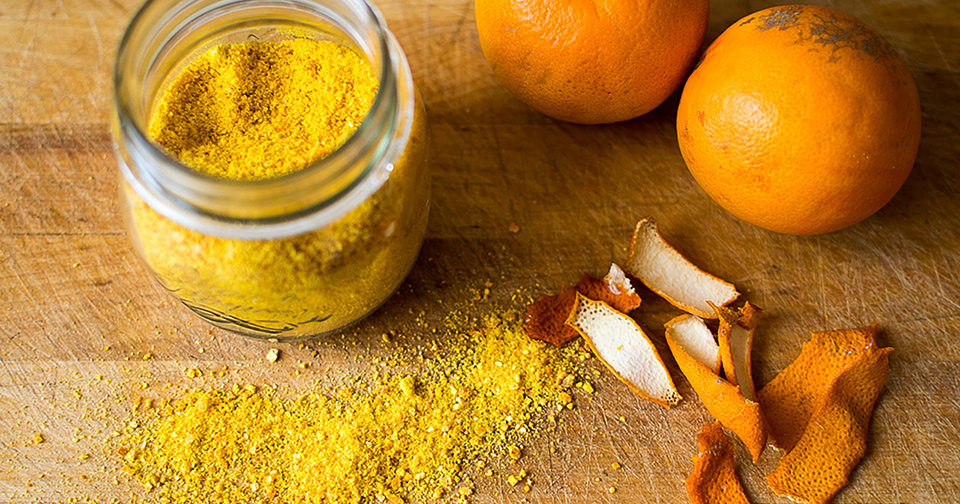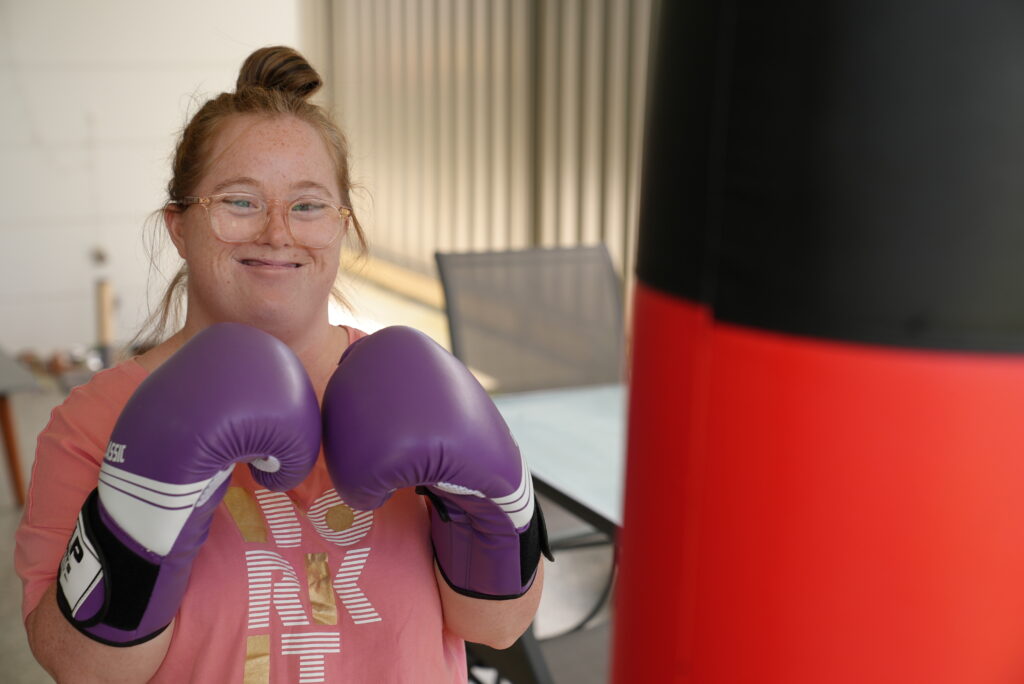
There’s many things to love about winter. Snuggling up under a blanket for a Netflix binge, taking a trip to the snow with friends, and who doesn’t enjoy a delicious hot chocolate. But winter is also a time of year when our health can suffer due to the onset of flu season and those pesky head colds.
To keep you in tip-top condition throughout winter, we picked the (highly knowledgeable) brains of Northcott Physiotherapist Dianne Hasler, Service Manager & Speech Pathologist Angelina Josevska and Dietitian Renae Reid.
Dealing with the dreaded cold and flu
The best thing to do during flu season is to keep warm, stay active, wash your hands, breathe deeply in clear air and get an annual flu shot (seek doctor’s approval first) to decrease your exposure to the flu virus – which changes every year.
Though taking these steps can reduce your risk of getting sick, sometimes no matter what we do we can’t escape that dreaded head cold or flu. If you do find yourself with that tell-tale sore throat and stuffy nose, it’s best to stay at home so you don’t spread any germs. When coughing or sneezing do it into your elbow rather than your hand, and when using tissues ensure you dispose of them immediately and then wash your hands. A fun way to encourage deep breathing and to stimulate a cough is to try blowing bubbles into the bath or a drink bottle – under supervision where necessary.
If you find you have flu-like symptoms (fever, headache, muscle pains, dry cough, sore throat etc.) it’s important that you head to the doctor early and avoid contact with others as much as possible to avoid spreading the virus.
Maintaining a healthy diet
The best cure is prevention, and one of the best ways to stave off sickness is with a healthy diet. Ensure you’re eating a balanced diet, including plenty of those nutrient-packed fruits and vegetables. Vitamin C – which can be found in foods like oranges, kiwifruit and red capsicum – can also help keep you healthy during cold and flu season, but remember Vitamin C will not cure a cold or flu.
To keep yourself warm, tuck into hearty foods like a delicious soup or a stew and remember that even though the weather is cooler you still need to practice food safety by keeping hot and cold foods at the correct temperature.
Those on a texture-modified diet will need to maintain this diet throughout winter, but there’s no reason why you can’t incorporate wintery food into your diet – for example a texture-modified potato stew or a thickened lemon tea.
Getting rugged up
When the cold winter weather takes hold our first instinct is to stay indoors to keep warm, but unfortunately we all have things to do and places to be so it’s important that we get rugged up in preparation for the cool outdoors. Allow extra time when getting dressed as you’ll likely need to put on several layers, including jackets, gloves and tights.
Because of these extra layers, winter is the perfect time to practice your dressing skills. If you’re looking for support, speak to your occupational therapist about accessories that can assist with getting dressed – such as a button hook/zipper aid or stocking aid. For those with difficulties with sensory processing, try experimenting with different types of layers e.g. put on snug singlets and tights before t-shirts and pants.
If you’re not feeling sick, and you’re dressed up nice and warm, it’s time to get out and enjoy yourself so you don’t end up spending all winter hibernating like a bear!
Using winter-specific communication
Winter has its own set of characteristics, and visuals are a great way to communicate these. Use pictures to express temperature and weather changes (e.g. cold, cloudy, raining, sunny) and appropriate attire for each condition (e.g. rain coat, jumper, socks, sunglasses). Visuals can also be a great communication tool for people to indicate if they feel ‘sick’ or have a ‘sore throat’. For those using assistive technology make sure the vocabulary on the device has been updated to reflect weather, clothing, and how they may feel during winter.
Playing games, using social stories, or talking about winter can also increase understanding and provide context as to why a person may need to take a jacket when they go out during winter – even if it feels warm indoors.



Accessibility and Inclusivity
We respect and honour Aboriginal and Torres Strait Islander Elders past, present and future. We acknowledge the stories, traditions and living cultures of Aboriginal and Torres Strait Islander peoples on this land and commit to building a brighter future together.
Read more about our commitment to reconciliation

